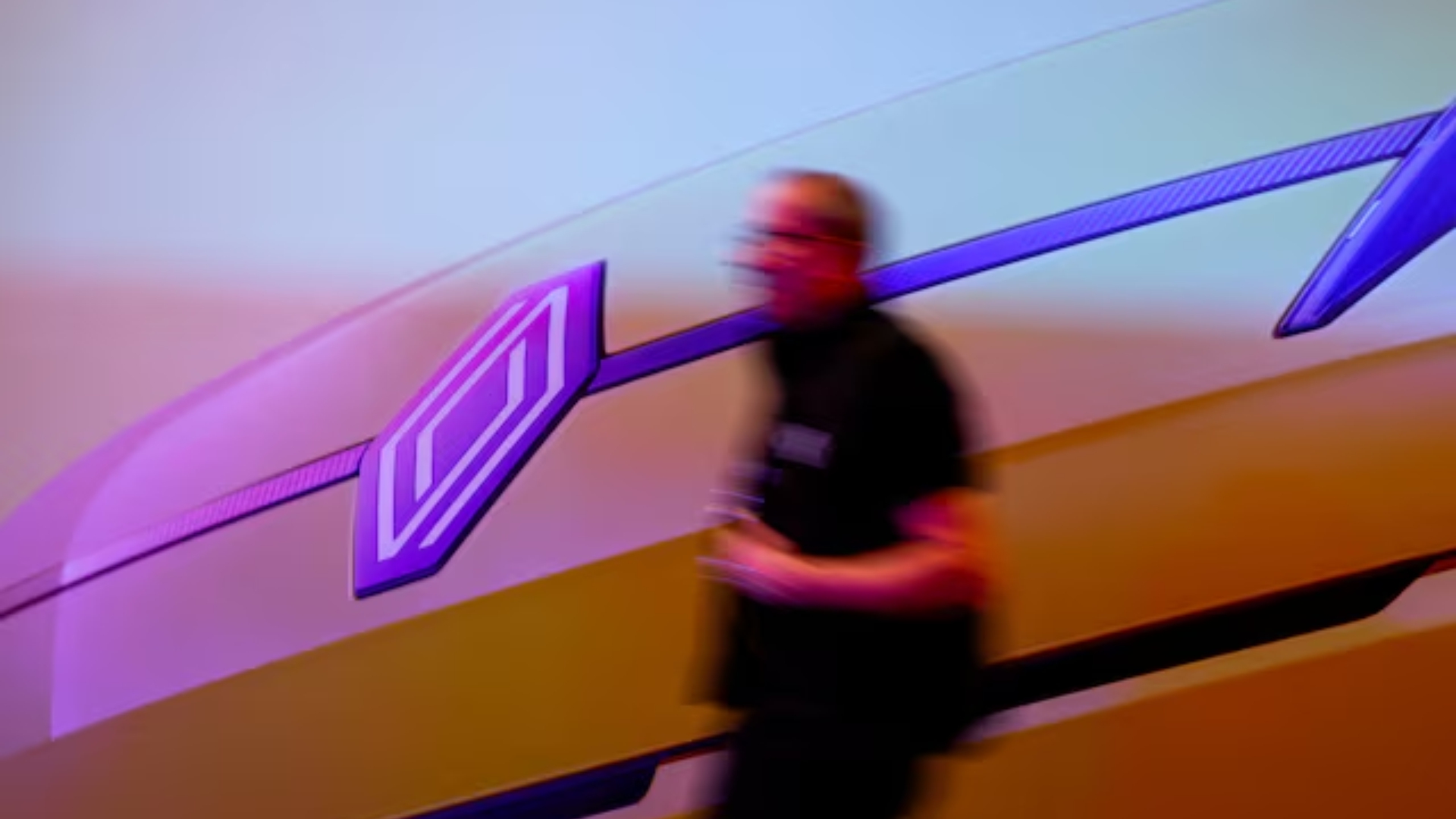PARIS, (Reuters – French automaker Renault presented an electric sports car on Thursday, the first in a planned range of premium EVs, which could help it fight off looming competition from China and grab share in a category outperforming the rest of the market.
European car firms won a brief respite from mounting Chinese competition after the EU said on Wednesday it would impose tariffs of up to 38% on Chinese EV imports.
But the duties are only expected to slow a surge in sales planned by Chinese companies who are also building factories in the region.
Better known for its mid- to low-end Renault and Dacia cars, Renault plans to roll out seven electric models under its Alpine sports brand to capture higher margins.
The first, the compact Alpine electric A290, is based on the Renault 5, with some features of the Alpine sports car that races in Formula 1.
It will be priced from 38,000 euros ($41,000), well below Porsche or Ferrari, competing instead with Volkswagen’s Audi, BMW, Mercedes and Tesla (TSLA.O).
The new range will support the brand’s growth and international development, Renault said on Thursday.
Renault reported first-quarter revenue of 11.7 billion euros ($12.64 billion) and expects growing volumes this year with new launches. It is aiming for a double-digit operating margin by 2030 but is facing headwinds, particularly in electric models that are 7% of its business.
Demand for EVs overall has sharply slowed in Europe due to reduced government subsidies. Renault also faces fierce competition from low-cost Chinese players and will be hit by EU tariffs on its China-made Dacia Spring.
Premium electric vehicles, such as Tesla’s Model Y and 3, the BMW X1, the Mercedes EQ4 and Audi’s e-tron range, are doing better, with wealthier customers less reliant on incentives.
The share of EV models in the European Union’s premium autos market is stable at around 17%, says S&P Global Mobility, compared with a declining share in the broader market, falling to around 12% this year from around 14% in 2023.
The premium segment now accounts for 29% of the region’s EV sales, compared to 25% last year, the data also show.
“Despite the fact that Alpine does not have the history and continuity of Porsche, the brand is entering a 100% electric vehicle market which is very fresh and just waiting to welcome new players,” said Jamel Taganza, associate consultant at automotive data and analysis company Inovev.
Renault is targeting sales of 2 billion euros for the division by 2026 and more than 8 billion euros by 2030, with half outside Europe.
Already well known in Japan, it sees potential in South Korea and China where it estimates sales of 1 billion euros by 2030.
Renault is far behind market leaders. Last year, it sold 4,328 Alphine vehicles, compared to 330,600 fully electric BMWs, 222,600 electric Mercedes and 178,000 electric Audis, according to German trade magazine Auto Zeitung.
Others are also entering the segment. Cadillac has unveiled new models for Europe in recent months.
Alpine’s approach, starting from a sports coupe and expanding into more accessible models, could bear fruit in the long term, added Taganza, pointing to a similar strategy taken by Porsche with its 911 and Geely with Lotus.
The car will be shown in Le Mans on the sidelines of the 24 Hours of Le Mans endurance race this weekend.
($1 = 0.9255 euros)
Reporting by Gilles Guillaume, additional reporting by Ilona Wissenbach. Writing by Dominique Patton; editing by David Evans











